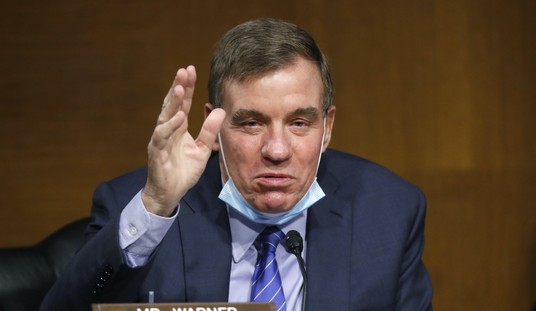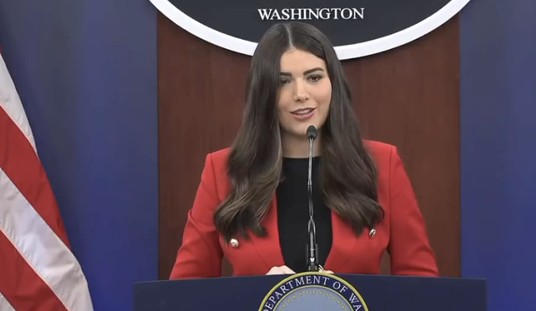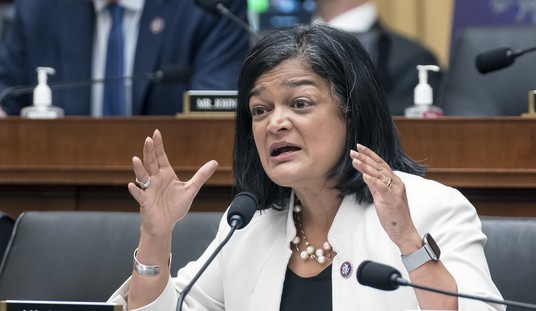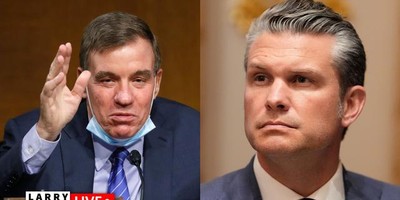To understand the primary problem with the American health-care system - cost and massive inefficiency are two major causes - it's helpful to revisit a 1958 essay, "I, Pencil," by Leonard Read.
A pencil appears to be a very simple, inexpensive tool. Read, however, explains that its production is incredibly complex.
The standard pencil begins when a cedar tree is cut down. Ropes and gear tug it onto the bed of a truck or a rail car.
But lots of people and skills are needed to mine ore and refine steel to produce the saws, axes and motors that fell that cedar tree.
Lots of people are needed to grow hemp, then transform it, through various stages, into the strong rope that pulls the tree onto a truck.
The logs are shipped to a mill and cut into slats. The slats are kiln-dried, tinted, waxed, then kiln-dried again.
How many skills were needed to produce the tint and the kilns, Read wondered. What about the electric power? What about the belts, motors and other parts at the mill?
The cedar slats are shipped to a factory. A complex machine cuts a groove into each. A second lays the lead into every other slat's groove. Glue is applied. Two slats are sealed together as one, then cut into lengths that form pencils.
The lead alone is incredibly complex. To produce it, graphite is mined in Ceylon. The graphite is packed and shipped, then mixed with clay from Mississippi. It is treated with a wetting agent - such as sulfonated tallow, which is formed when animal fats chemically react with sulfuric acid.
Recommended
The pencil receives six coats of lacquer. Lacquer has numerous ingredients, including castor oil. Think of all the chemists needed to create the lacquer - and all the castor-bean growers needed to produce the oil that's refined and shipped.
The brass end that holds the eraser in place is a marvel. Miners need to first extract zinc and copper from the Earth. Experts transform those materials into sheet brass, which is then cut, stamped and affixed to the pencil.
The eraser is made from "factice," writes Read, a rubber-like product that is produced when rapeseed oil from the Dutch East Indies reacts with sulfur chloride.
An awe-inspiring amount of work goes into producing a pencil. Millions of people collaborate to produce it - millions ply their unique trades and skills - yet they have no idea they are collaborating.
The pencil, explains Read, is a triumph of human freedom - a triumph of creative human energies spontaneously responding to human necessity and desire.
Its efficient production is the polar opposite of the American health-care system.
Now that the government plays such a heavy role in health care - ObamaCare requires that each insurance policy cover 10 essential health benefits - it dictates what private insurers can and cannot do. Massive rules and regulations inhibit competition, which is the mother's milk of efficiency and cost savings.
Our health-care system's third-party payment system - private insurers or the government fund almost all health-care activities - detach consumers from the cost of the care they consume. Since consumers do not pay directly for most health-care services, few know or care what those services cost.
Read concludes his essay with this advice: The best thing our government can do is leave our "creative energies uninhibited" - remove the obstacles that prevent human creativity and innovation from flowing freely.
By removing such obstacles from our health-care system - by infusing free-market reforms - we could dramatically impact the cost and inefficiency problems and free up funds to provide care for the needy.
But any attempt to introduce free-market principles is met with cries that politicians are trying to hurt the sick and the poor. Thus, solving the health-care mess is not going to be easy.
I'm just thankful that our government hasn't mandated "free" pencils for all. Pencils would cost a fortune.

























Join the conversation as a VIP Member